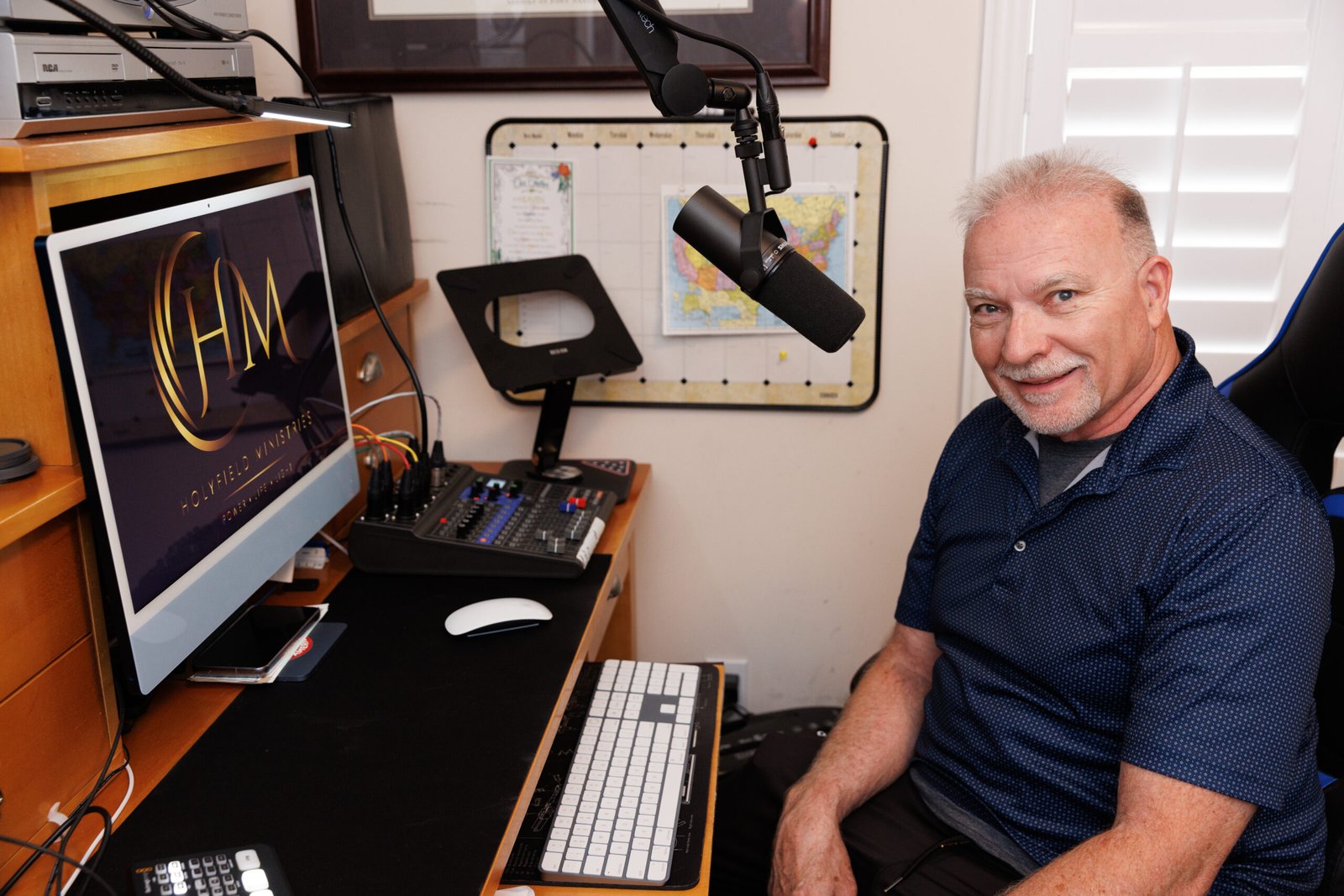At the heart of human history is the story of the fall of man—a moment that profoundly shaped our understanding of free will, responsibility, and God’s omniscience. In the Garden of Eden, God gave Adam and Eve the freedom to make choices, illustrating His desire for us to willingly choose Him rather than being forced into obedience. The fall didn’t surprise God, but it did set the stage for His ultimate plan of redemption.
In this post, we’ll explore how the fall of man demonstrates the delicate balance between human free will and God’s knowledge. We’ll also dive into how God, in His love, provided a way for redemption long before sin ever entered the picture.
The Role of Free Will in the Fall
The story of Adam and Eve in Genesis 2:16-17 (KJV) reveals one of the most profound truths about God: He gives us the freedom to choose. “And the LORD God commanded the man, saying, Of every tree of the garden thou mayest freely eat: But of the tree of the knowledge of good and evil, thou shalt not eat of it: for in the day that thou eatest thereof thou shalt surely die.” God didn’t create Adam and Eve as robots who automatically followed His commands. Instead, He gave them the ability to make choices—choices that had real consequences.
Free will is central to our relationship with God. He invites us to choose Him, as reflected in Deuteronomy 30:19 (KJV): “I call heaven and earth to record this day against you, that I have set before you life and death, blessing and cursing: therefore choose life, that both thou and thy seed may live.” The fall of man underscores the reality that while we are free to choose, our choices have lasting effects on our lives and the world around us.
God’s Foreknowledge vs. Retained Knowledge
One of the most fascinating aspects of God’s nature is the distinction between His foreknowledge and what He chooses to know. Theologians have long debated whether God knows every single detail of our lives in advance, or if He allows us to make real-time decisions that shape our future. What’s clear from scripture is that while God knows all possible outcomes, He does not always retain the knowledge of which path we will take.
In Genesis 6:6 (KJV), we see that God was grieved by humanity’s wickedness: “And it repented the LORD that he had made man on the earth, and it grieved him at his heart.” This verse shows that God, in His love, allows us to make choices and experience the consequences, even when it brings Him sorrow.
Similarly, in Jonah 3:10 (KJV), we see God’s responsiveness to human actions: “And God saw their works, that they turned from their evil way; and God repented of the evil, that he had said that he would do unto them; and he did it not.” God is dynamic in His interactions with us—He is not locked into a rigid foreknowledge, but instead responds to our repentance, our faith, and our choices.
Lessons from the Fall: Redemption and Grace
Even before Adam and Eve sinned, God had a redemption plan in place. Revelation 13:8 (KJV) tells us that “the Lamb slain from the foundation of the world” was already prepared. God, in His infinite wisdom, knew that humanity would fall short, yet He chose to create us anyway—because His desire for relationship outweighed the risk of rebellion.
The fall reminds us that, while sin separates us from God, grace always provides a way back. God’s response to the fall wasn’t one of eternal condemnation, but one of love. He immediately set in motion a plan for redemption, culminating in Jesus Christ, the “second Adam,” who restores what was lost in the Garden. As 1 Corinthians 15:45 (KJV) says: “And so it is written, the first man Adam was made a living soul; the last Adam was made a quickening spirit.”
Practical Application: Embracing Free Will Responsibly
The fall of man highlights the importance of how we use our free will. Every day, we are faced with choices that shape our lives, and just like Adam and Eve, we have the freedom to choose whether we follow God’s way or our own path. While free will is a gift, it comes with responsibility.
So, how can we align our free will with God’s will? It starts with intentionality. Here are a few practical steps you can take:
- Daily Prayer – Ask God to guide your decisions and align your will with His. Praying for His wisdom ensures that you are constantly seeking His direction.
- Studying the Bible – The more we know God’s Word, the easier it becomes to recognize His will for our lives. Scripture provides the roadmap for making godly choices.
- Obedience – When you know God’s will, act on it. Obedience strengthens your relationship with Him and helps you live in alignment with His purpose.
Conclusion & Call to Action
The story of the fall of man serves as both a cautionary tale and a reminder of God’s incredible grace. Yes, we have free will, and yes, we will sometimes make the wrong choices—but God’s grace is always there to bring us back. As you go about your daily life, remember that your choices matter, and that with every decision, you have the opportunity to choose life.
Today’s challenge: Reflect on an area of your life where you need to make a choice. Pray for guidance and take one step today to align your will with God’s.
